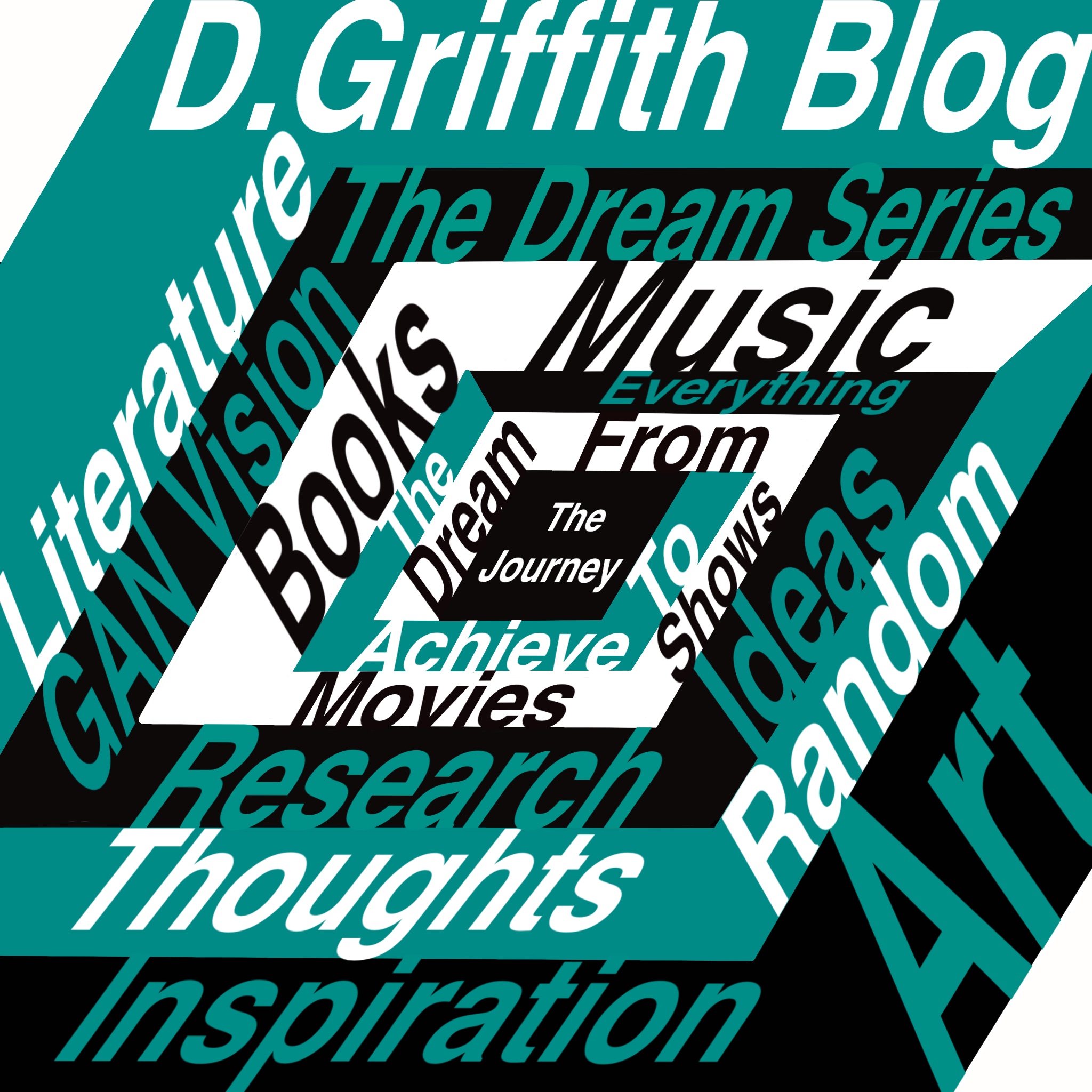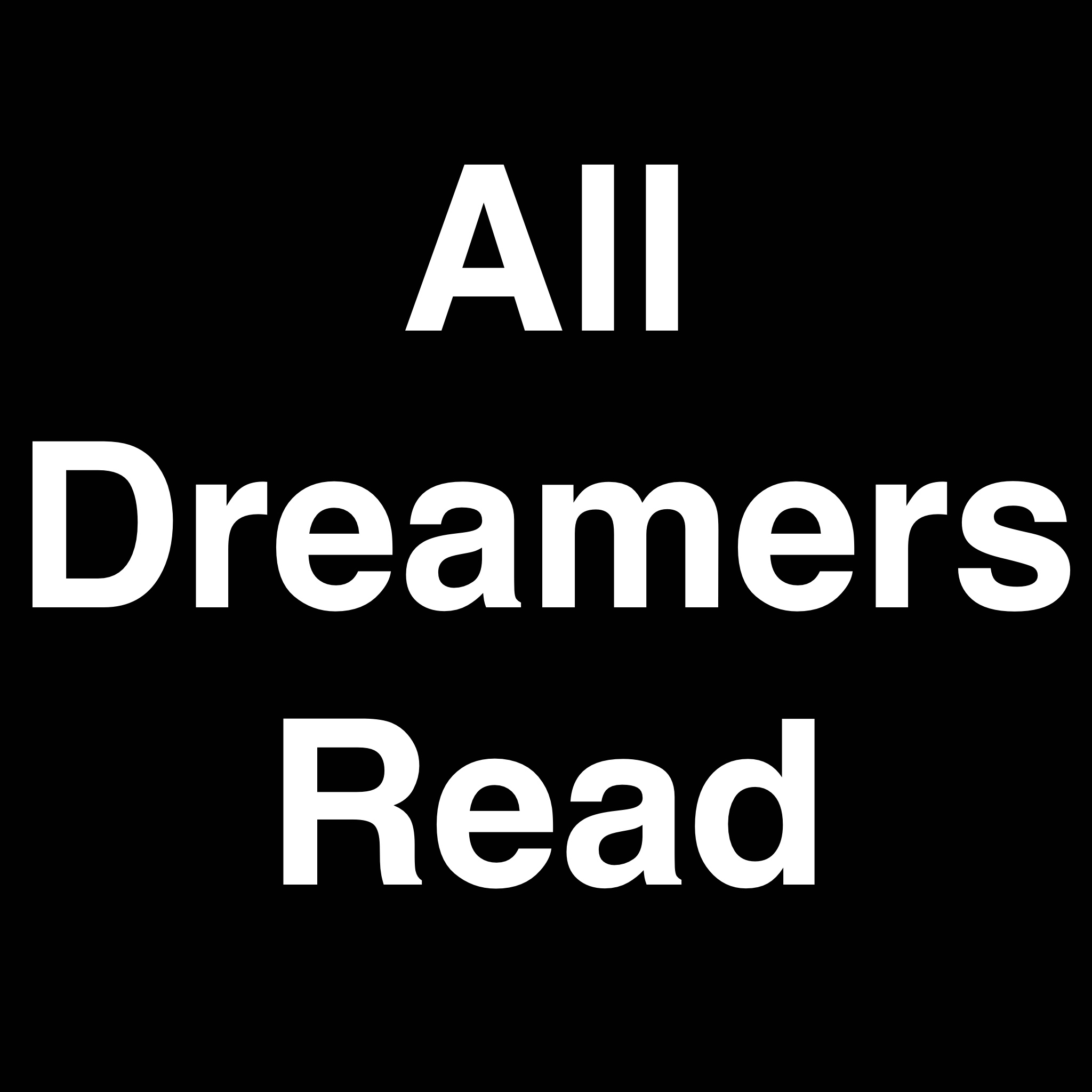
This is the continuation of my thoughts on our current age of storytelling.
An Era of Unstoppable Consumption
Now more than ever, we have the ability to choose. But have you ever questioned what comes with that overpowering overload of choice? Have you ever considered if there’s a price for the very privilege of choice? With all these things, I can’t be the only one who foolishly believed having it all is the equivalent to pure happiness? But isn’t it interesting, or the least bit strange that the more we’re made to believe we need, the easier it is for us to remain chasing that satisfaction?
I may be wrong, but I believe I understand the role of capitalism in our society. If money is both the ultimate capital, and end goal for what it can buy and secure, what does that make you? This isn’t meant to offend anyone’s values or perspectives. I’m genuinely curious, if we live in a state of existence where wanting is the norm, will it ever end? Can it?
What’s stopping someone from seeking absolute, unrivaled power? Is there anyone enforcing those with massive control over what you see and watch, that we watch things of value or learn things worth knowing? Or do you think they would know their influence, and use it against us; knowing we have nowhere else to go? What’s stopping someone from making sure you never even fathom a life unpacified and outside of their control? Where does it end, or where does it stop? Unfortunately, there’s a reason why I call this theme unstoppable consumption. It may already be too late.
The ways in which we share, and disseminate information has changed. Of course, it’s unstoppable, but something else is happening. These devices, these connections through what we do online don’t just follow us around anymore. These devices we all have, the things we trust with our lives to determine everything we do as individuals, are now fueled by what we do with them. What’s the line between product, and consumer? What’s the difference between content, and content creator? Information, the very fabric of our social and private lives, is what determines our survival. Now, the very tools in which we communicate, share and translate information are purposefully designed to derive the information from our choices, and preferences.
Now that information can mirror us, and reflect our own preferences back to us, making sure we never dare question the constant consumption or break the damning cycle. What does that mean for us? Doesn’t that mean that there’s a new possibility – these things we all have, the things we trust to determine our lives as individuals, are now impossible to live without. Doesn’t that mean, the very information we digest regularly, now consumes us?
If we’re collectively, not all but as a mass collective, willing to submit the very information that makes us, essentially us, as data to companies and corporations, for more gain. Is there really anything else we can do?
An Era of Cynicism & The Questioning of Heroes
The way we depict, and speak of the people we believe to be our heroes is quite telling. Heroism and their involvement in American stories are nuanced. It’s understandable, the very nature of heroism connects with our values as a society. But what’s important to remember, is that our heroes, and what we value in them shifts with those values. With our ideas of heroes so deeply ingrained into our cultural DNA, I’ve remained invested in noting our sentiment towards our heroes and our evaluation of heroism as an ideas.
It’s become quite clear to me that it takes very little to be heralded, and praised as a hero these days. But with that ease, comes a sinister truth. Not all those we believe walk with virtue are true heroes, even worse they know they don’t have to be. There are those who are aware of how easy it is to appear good and true. Now, more than ever we can feign virtues, and perform heroic ideas without doing or sharing anything of value.
The real tragedy isn’t just that it’s more likely we’re kept in blissful ignorance, and left none the wiser. Even with the possibility of having everything we hope for come undone, we can still believe. We can still believe in the true hero. Because we’re human we have faith. The true disaster is that it becomes much harder for people to believe in heroic ideas, values, or people after having the harsh reality of false heroes revealed.
We live in this era of cynicism. There are all these constant ideas to stand and fight for, that ultimately we end up divided, and without action. All for some false sense of progress or collective good to ease our consciousness. The further we advance, the more we come to know, the more jaded and disinterested we become. Heroism doesn’t mean what it once did, the standard has, and will continue to change. In our cynicism, it’s become much more favorable to tear down others than believe in them. As skeptical cynics, we choose to distrust each other growing further divided with every day.
Do you believe that heroes still exist? With cynicism as the pervading norm set today, I don’t blame anyone who says they can’t. But dammit, I don’t care how ridiculous I sound, I am human and I believe. I believe we’re still capable of romance, virtue, and heroism.
With my own eyes, I wish to see the hero. Someone of true virtue who can be, and is truly the one. I, too, desperately wish to have my faith restored. I know it’s absurd, but I have this weird vision that even with the current state of our society, the beliefs we hold, and the stories we tell, I will see a hero. With my own eyes, and have my faith reciprocated.
The Era of The Absurd
The paradigm of our understanding and telling stories is changing. The relationship between storyteller, story, and audience/viewer has already blurred. To me, all these themes seem to connect, and mingle into an oddly familiar unknown. The amalgamation and its rapid continuation screams at me. We’ve not only entered a new point in our storytelling, but our ability to understand and consume information, how we experience stories has changed too.
I’m convinced that we’ve entered an unreasonable, strange, contradicting paradox. This is the era of the absurd. And I, too, want to join the dance.
There is hardly any way to aesthetically distance oneself from a story today, and that can be a good thing. I know all that I’ve shared with you over these last two blog posts may sound somewhat misanthropic or bleak, but that isn’t the sentiment I hope you take away. I only wanted to share my insight for why I believe The Great American Novel is possible. All these themes provide information and insight for me. It all tells me I have a chance.
It tells me that I have an opportunity to tell one beautiful story.
